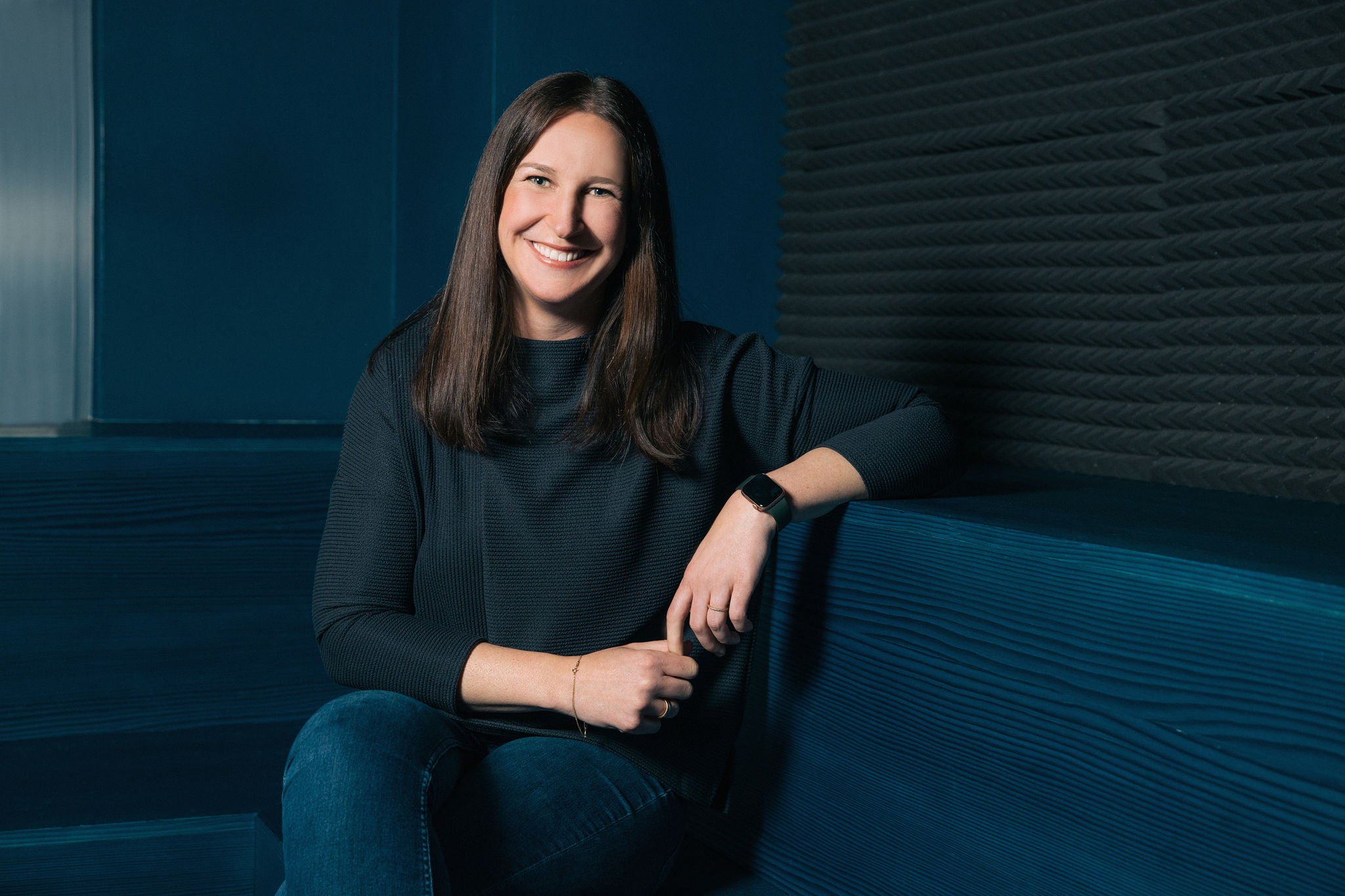The release of Stargate and DeepSeek’s R1 models has once again highlighted the dominance of U.S. and Chinese companies in the global AI race. These breakthroughs, announced with fanfare, are celebrated as milestones in speed and innovation. Meanwhile, Europe’s approach—rooted in frameworks like GDPR and the forthcoming AI Act—is often dismissed as overly cautious, even obstructive.
But this perspective overlooks something crucial: European companies don’t just follow these regulations; they often embrace them. Why? Because for European businesses, trust, data privacy, and ethical AI aren’t just legal requirements—they’re competitive advantages.
Why Regulation Matters
Europe’s regulatory approach, while slower, reflects a deliberate strategy to build sustainable AI systems. Laws like GDPR and MiCA address real risks. Data misuse and algorithmic bias are not theoretical—they’ve already shaken industries like social media and advertising. AI, with its self-learning and autonomous capabilities, compounds these risks.
Take data privacy as an example. Breaches are not just costly but irreversible, eroding trust in ways that can’t easily be repaired. As Gary Marcus argued in the Washington Post, “If Sam Altman wants to release a technology that puts us all at risk, he can basically do that. There’s no government procedure to say, ‘Hey, slow down here, let’s make sure this thing is OK.’” Europe’s legal frameworks may appear restrictive, but they ensure that accountability and safety are baked into innovation from the outset.
The Challenge for European Companies
Of course, this path isn’t without challenges. Startups, in particular, face higher compliance costs and longer development timelines compared to their competitors in less-regulated markets. For smaller companies, navigating GDPR and the AI Act can feel like an uphill battle, requiring resources that could otherwise fuel innovation.
Yet, for many European businesses, these regulations are more than a necessity—they align with their values. Customers in Europe care deeply about privacy and ethical AI. Solutions that compromise on these principles not only risk legal penalties but also fail to meet customer expectations. A U.S. or Chinese AI model may not just be legally incompatible with European standards—it may clash with the codes of conduct and reputations that European companies have worked hard to build.
Building the Foundations for Trust
Some companies are already finding ways to turn regulation into an asset. Masumi, a German-Swiss startup, is one such example. Its decentralized AI agent infrastructure ensures compliance with GDPR and MiCA while addressing practical challenges like identity verification and secure payments between AI agents. By embedding trust and transparency into their systems, Masumi demonstrates that innovation doesn’t have to come at the expense of accountability.
Another example is Black Forest Labs, a Germany-based AI research and development firm specializing in generative deep learning models. Their flagship project, FLUX.1, enables high-quality text-to-image synthesis. But beyond technical achievements, Black Forest Labs prioritizes GDPR compliance, setting themselves apart in an era of growing concern over data misuse. By ensuring that user inputs are stored for no more than 15 days and avoiding the use of user data for training, they build AI systems that respect privacy by design. This approach proves that cutting-edge AI innovation can coexist with the highest ethical and regulatory standards.
The Golden Path Forward
The recent breakthroughs from Stargate and DeepSeek show what speed and scale can achieve. But Europe’s slower, regulation-driven approach might ultimately prove more sustainable. For European businesses, trust is the ultimate currency. And in a world increasingly concerned with privacy and ethics, Europe’s regulatory frameworks may turn out to be not a constraint, but a competitive advantage.
In the global race for AI, the winner won’t just be the one who gets there first—it will again the one who builds it “right”.



